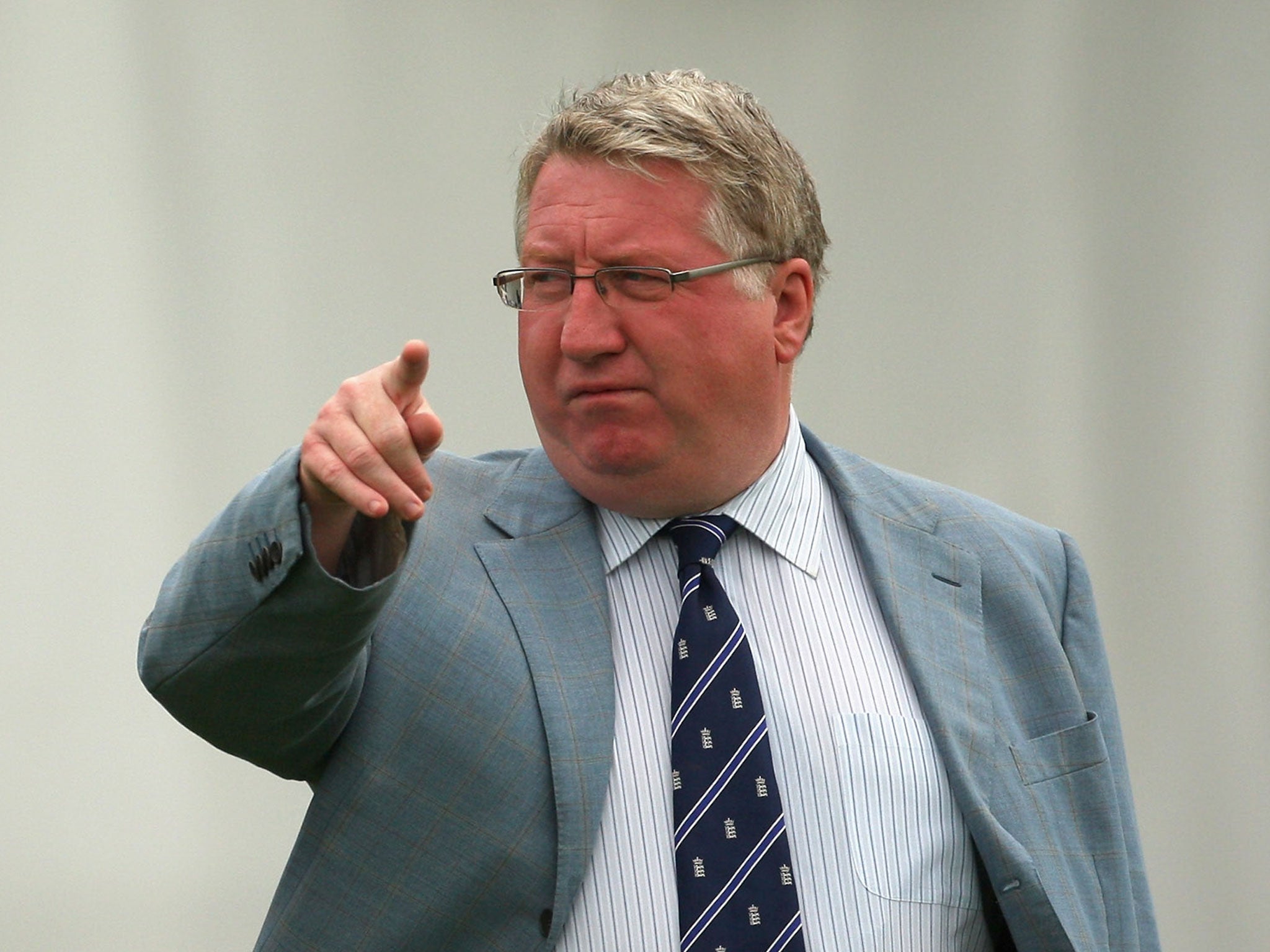
Your support helps us to tell the story
From reproductive rights to climate change to Big Tech, The Independent is on the ground when the story is developing. Whether it's investigating the financials of Elon Musk's pro-Trump PAC or producing our latest documentary, 'The A Word', which shines a light on the American women fighting for reproductive rights, we know how important it is to parse out the facts from the messaging.
At such a critical moment in US history, we need reporters on the ground. Your donation allows us to keep sending journalists to speak to both sides of the story.
The Independent is trusted by Americans across the entire political spectrum. And unlike many other quality news outlets, we choose not to lock Americans out of our reporting and analysis with paywalls. We believe quality journalism should be available to everyone, paid for by those who can afford it.
Your support makes all the difference.Scores of spectators were ejected from county grounds last season for possessing transmission devices to place bets with bookmakers to get an illegal advantage during a match.
The ECB has fought a year-long battle against "courtsiding" – spectators using mobile phones to get a bet placed during the several seconds' delay before the action is relayed to bookmakers.
Although not directly connected to match-fixing, the latest revelations show how gamblers are targeting cricket. Officers from the ECB anti-coruption unit will be at every televised game this season and were at Friday night's T20 Blast between Nottinghamshire Outlaws and Lancashire Lightning.
David Collier, chief executive of the England and Wales Cricket Board said: "In England last season we found spectators with all sorts of transmission devices. Instant communication where you can get five or seven seconds ahead can make a huge difference.
"We're building up information and cases and working very closely with government, the licensed bookmakers and the police."
The ECB also sought the help of the West Indies Cricket board after an ECB security official caught an English supporter trying to use mobile phones to get an illegal advantage during England's one-day internationals with West Indies in Antigua this year.
Giles Clarke, chairman of the ECB, told The Independent on Sunday how it happened. "An elderly couple were watching the cricket. The ground was not full. Our guy, who's an ex-policeman, is walking round and thinks there's something wrong. He talks to them, goes past, comes back again. They're English, in their 70s and his whole body has got mobile phones stuck to it. They get his shirt off and he has broadcast to god knows how many people. He's saying: 'Four... Caught'."
The match was televised but, says Clarke, "six seconds digital difference on television or the internet, which is even slower, can make all the difference. What he was doing is illegal in the West Indies, same as it is here. We've thrown people out of county grounds. It is not: 'Oh I can pick up a couple of hundred quid. I'll get cash for it, ha, ha, ha. What's wrong?' Well the answer is: 'It's illegal. Basically you're conspiring to deceive.' It's as simple as that."
Cricket is not the only sport to be targeted by courtsiders. In January 2012 a spectator was ejected from the Heineken Open tennis in Auckland for using a hand-held device. The suspicion was he was betting on specific points to take advantage of the delay of several seconds before other gamblers saw it on television.
These revelations come days after the disclosure that former New Zealand opener Lou Vincent has told the ECB's corruption and security unit he played in three fixed county games between 2008 and 2011 and that he had evidence of six other players involved in fixing.
Clarke is now pressing the government to modernise laws to counter it. "Australia has now got a much better law in place than us, much more robust. I very much hope our government is now beginning to realise that corruption in sport is very serious."
The ECB, which has been working closely with the Professional Cricketers Association to educate the players, is confident that awareness has been raised and Collier says: "Players are keen to rid the game of anybody who is seeking to corrupt the game. And I'm far more confident that more incidents will be reported."
Join our commenting forum
Join thought-provoking conversations, follow other Independent readers and see their replies
Comments